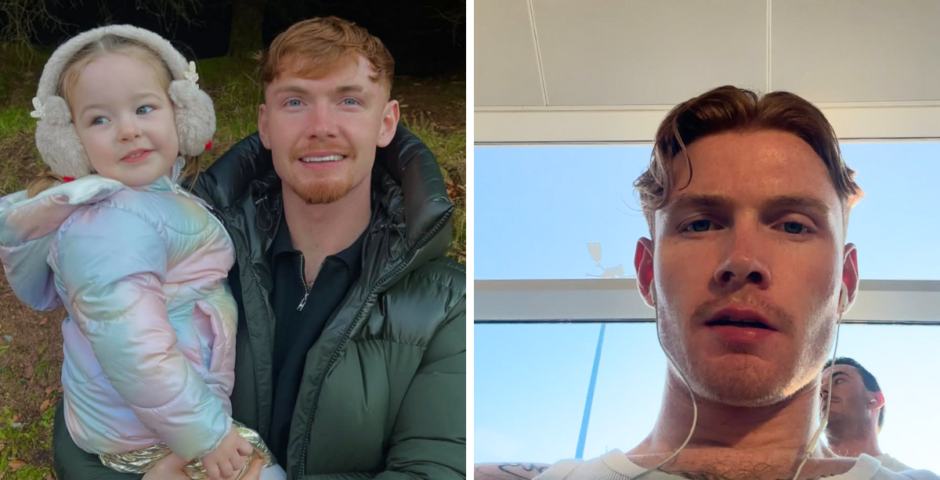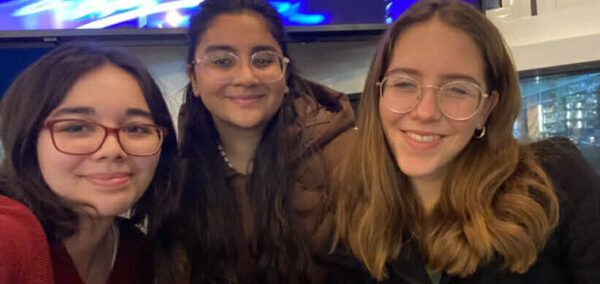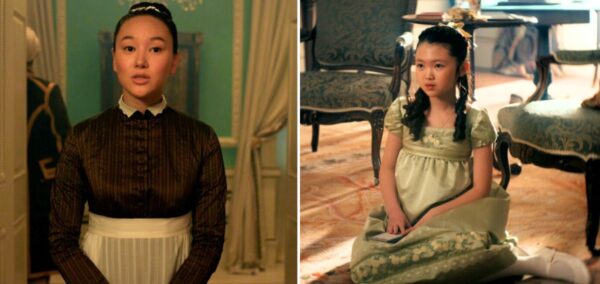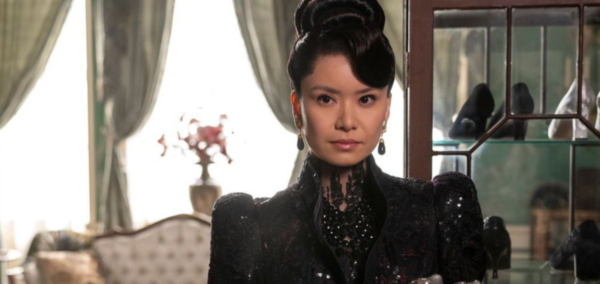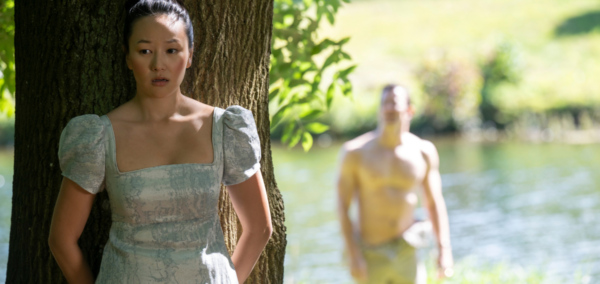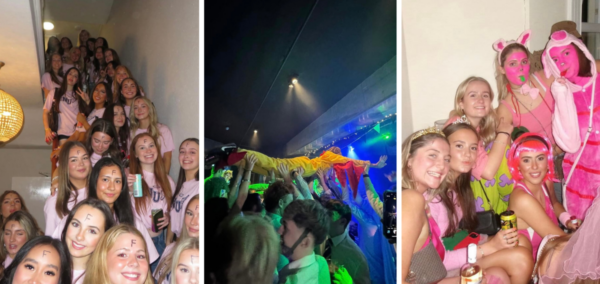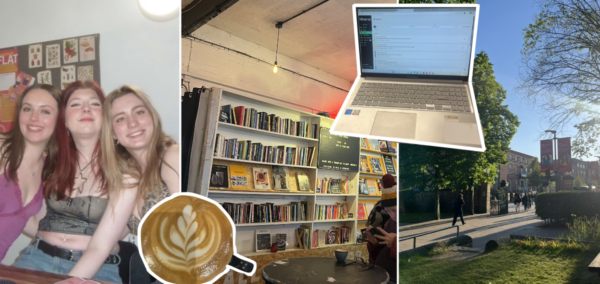
Nap time! These are officially the most sleep deprived uni degrees in the UK
Sleepy girl era is CANCELLED for architecture students
There are a lot of things to juggle at uni. You have to balance your degree, social life and, for most people, actually looking after yourself and surviving for the first time in your life. So, a lot of the time students tend to sacrifice their sleep for all-nighters spent on essays or the fourth night out in a week. But which uni degrees actually get the least amount of sleep?
Sleep experts at Bed Kingdom have created a ranking of the most sleep-deprived uni degrees. They examined 11 areas including each subject’s timetabled hours, hours spent studying and on assignments, work placement hours, paid work hours, student satisfaction and anxiety, and the percentage of students in each subject that have withdrawn from their degrees for various reasons. These factors were combined to create a sleep deprivation score for each degree. The higher the score, the more sleep-deprived the students who study the subject are.
So whip out your eye mask and ear plugs because these are the university subjects where students are the most sleep-deprived:
15. Education and teaching
In something probably most teachers will disagree with, students who are studying teaching and education have the highest amount of sleep on the list. With an average sleep-deprivation score of 43.05 out of 100, education students spend an average of 65 hours on their degrees and any placements or part-time jobs a week.
14. Agriculture, food and related studies
Another course that apparently gets lots of sleep is agriculture, food and related studies. Students studying this have an average sleep-deprivation score of 44.27.
13. Biological and sports sciences
Most Read
Agriculture is closely followed by biological and sports sciences where students have an average sleep-deprivation score of 45.08. Students studying these courses spend an average of 59 hours a week at uni, doing uni work or working jobs.
12. Humanities and liberal arts
In a shock that these subjects are not at the very bottom of the list with their one seminar and one lecture a week, humanities students rank 12th for sleep-deprivation with an average score of 45.43.
11. Combined and general studies
One of the least sleep-deprived uni degrees, students doing combined and general studies degrees work around 57.79 hours a week giving them an average sleep-deprivation score of 45.88.
10. General sciences

General sciences are 10th with students studying science getting an average sleep-deprivation score of 48.28 out of 100. They spend an average of 16 hours studying a week and have just over 15 timetabled hours in uni.
9. Creative arts and design
With an overall sleep-deprived score of 48.65, students studying art and design are ninth. Art students have the highest percentage of time spent at part time work than any other subject with an average of 12.91 hours a week.
8. Engineering and technology
Students doing engineering and technology degrees have an average sleep-deprivation score of 48.82 out of 100. Engineering students have just under 17 hours a week in uni and spend an average of 11.82 hours working at part time jobs a week.
7. Computing
They might end up the most rich after uni, but those studying computer science are the seventh most sleep-deprived students of all uni degrees. They have an average sleep-deprivation score of 51.44 and spend an average of 63.48 hours on various types of work a week.
6. Dentistry
Dentistry students are the sixth most sleep-deprived out of all degree courses. They have an average sleep-deprivation score of 52.21. Students training to be dentists work on average 66.26 hours per week, with 20 hours being used for timetabled uni lessons and 14 being used for work placements.
5. Maths
Maths students are the fifth most sleep-deprived students in the country. With an average sleep-deprivation score of 52.26 out of 100, maths students spend 63.10 hours a week on a combination of uni work, lectures and seminars and part time jobs.
4. Veterinary Sciences

With the highest number of hours in uni a week, students training to be vets have an overall sleep-deprivation score of 52.58. Veterinary science degrees have 17 timetabled hours a week on average in uni and students spend an average of 15 hours a week doing other uni work. As a result, vet students work in part time jobs for an average of only nine hours per week.
3. Physical sciences
Students who study physical sciences including chemistry, geology and earth sciences have the third lowest amount of sleep out of all uni degrees. Physical sciences has an overall score of 52.91 with science students spending on average 63.51 hours a week on uni work and part time jobs.
2. Medicine
In a shock to absolutely no one, medicine is the subject where students are the second most sleep-deprived out of all uni degrees. Medicine has an overall sleep-deprivation score of 53.26 but actually has the highest amount of work hours a week at nearly 74 hours a week. Medicine students also have the most time on work placements at 24 hours a week.
1. Architecture, Building and Planning
Students that study architecture officially get the least sleep out of all uni subjects. With an overall sleep-deprivation score of 55.23, architecture students work, on average for 64.19 hours a week including paid employment and uni work. At 19 hours a week on average, architecture students also have the most “independent study hours” out of all courses. In other words, they actually do their degrees. Please take a nap, I beg!
Related stories recommended by this writer:
• The Russell Groups where students are the least happy with their uni’s mental health services
• We asked ChatGPT how to make friends at uni and it’s safe to say you’ll be billy no mates forever
• These are the worst Russell Group Students’ Unions in 2023, according to students



